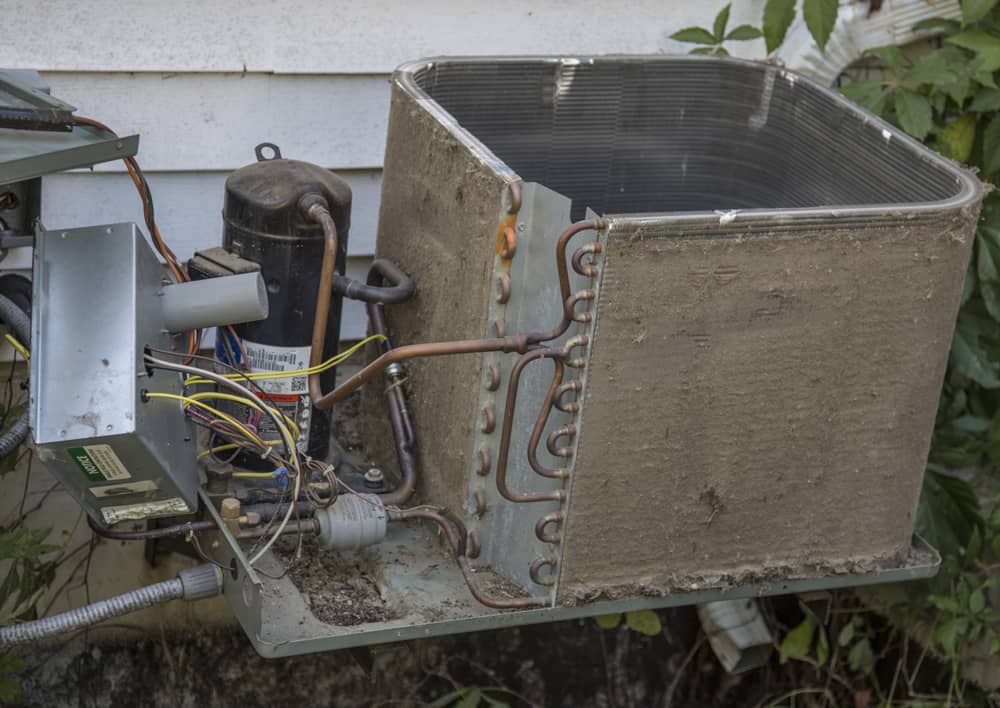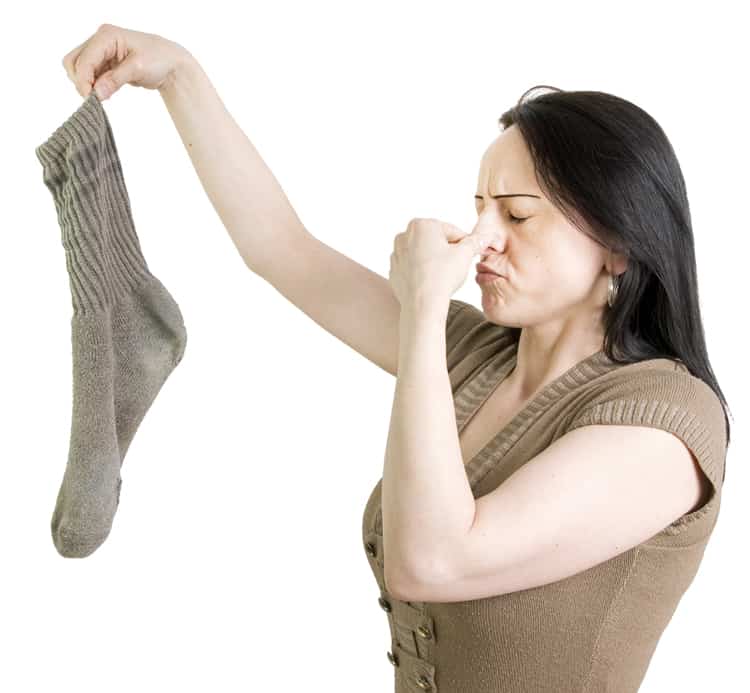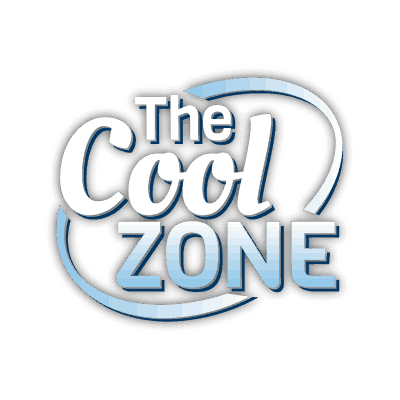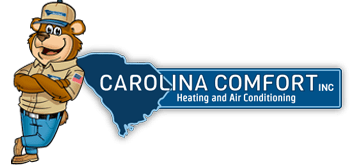Why does my HVAC smell musty?
It could happen to you. It definitely happened to me long before I began my “illustrious” career in heating and air. I remember it clearly, it was one of those times of the year when Mother Nature couldn’t make up her mind and decide what season we were actually in.
We had a chilly night and so I set my system to heat and then, the next day when it warmed up, I turned on my air conditioning system after it had run in heat mode all night and WHAM! It hit me…
A musty smell, not unlike dirty gym socks, began to circulate through the home. “What is it?” I thought. “Where is it coming from?” I change my air filter but to no avail – it’s still there. It smells like mildew, and now that my nose is more attuned, I can track it down and *gasp* it seems to be coming from my air ducts! Okay. Great. One part of the mystery solved. Now that I know where it’s coming from, what can I do about it?

That, dear reader, was my introduction to what is affectionately known as DSS or “Dirty Socks Syndrome” and it’s an uncommon but pungent issue that can affect any A/C unit, but tends to occur more frequently in the heat pumps that are more prevalent in the South.
But just what IS IT? The simple answer is that it is a bacterial growth that forms on the evaporator coil, the drain or drip pan and the drain line of the air conditioner. Because the evaporator coil is, when running in A/C mode, a dark and humid place; all sorts of mold and mildew can grow – this is what causes the musty smell. For a more in-depth explanation, see this article.
How uncommon is it? Well, this great article about Dirty Socks Syndrome written for Air Conditioning, Heating & Refrigeration News estimates that it affects up to 2% of all air conditioners in the South. So not super common, but much better odds than winning the lotto – except this prize nobody wants to win!
To give you an idea of what that looks like, census numbers estimate that there are 1,533,854 homes in South Carolina, and 87% of them have central heating and air. If just 2% of those homes are affected, that means as many as 26,689 people could experience this unpleasantness per season!
So now that we know what it is, what can be done about it? You may think that a good duct cleaning is in order, but sadly, while this microbial growth CAN get into your ductwork, it ultimately starts in the evaporator coil, and the action needs to be taken there – time to call a professional!

The first step to getting rid of the smell is actually preventing it from happening in the first place – this is one of the many benefits of having an annual maintenance contract. By cleaning the evaporator coil and treating the drain line, this smelly problem can hopefully be prevented.
But sometimes the most diligent care isn’t enough, and bacterial growth can still occur. It can be next to impossible to get rid of through annual cleanings, and more aggressive measures are required. This growth can also be especially harmful to anyone with respiratory issues, those who have compromised immune systems, and those homes with children with developing lungs.
This is where indoor air quality (IAQ) products come in. These accessories, when installed into a new or existing HVAC system, can kill any existing mold and mildew and keep any new growths from forming.
A trained HVAC technician can recommend and install a variety of IAQ products to help keep your heating and cooling system clean and odor-free.
Additionally, ultraviolet lights installed in the evaporator coil will kill any current growth and inhibit any future growth. Ionizers can help also help to kill any microbial contaminants.
So if your HVAC system smells musty, now you know why. But don’t cry or panic, the solution can be as simple as having your heating and cooling system serviced and cleaned, or if that isn’t quite enough and the musty smell comes back, consider adding an indoor air quality product to supplement. For more information, please call us at 803-794-5526

5636 Bush River Rd.
Columbia, SC 29212
SC License – #M104545
NC License – #32356
Phone: (803) 794-5526

